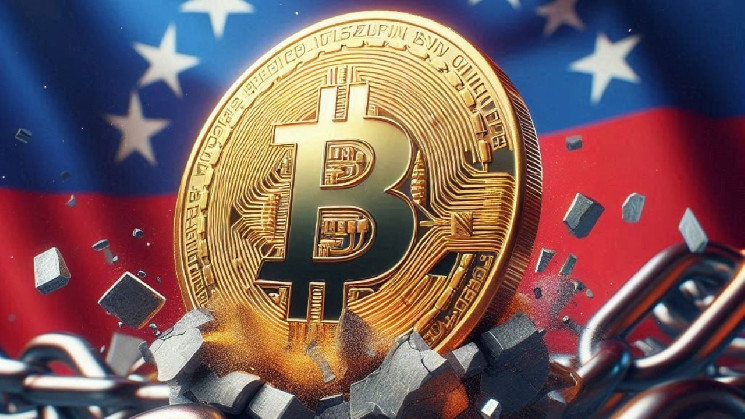According to Venezuelan dissidents and cryptocurrency analysts, the government of Venezuela is likely to keep using crypto to bypass the returning sanctions on oil and gold activities. Even when Nicolas Maduro’s administration seems to have been affected by corruption cases involving crypto, watchers report that these tools will keep diverting funds from regular channels.
Venezuelan Government to Keep Harnessing Crypto to Evade Sanctions, Watchers Warn
Venezuela will keep using crypto to avoid the new set of sanctions imposed by the U.S. last month, dissidents and cryptocurrency watchers say. Cryptocurrency might be the tool used by Nicolas Maduro’s administration to combat the influence of the oil and gold sanctions reimposed on the government in May, as has been the case before.
The sanctions were reimposed as the Biden administration alleges that Maduro has not fulfilled the agreements reached with the U.S. government to guarantee a fair climate for the upcoming presidential election, set to happen on July 28.
Andrew Fierman, head of national security intelligence at Chainalysis, a blockchain security firm, confirmed that crypto has been used before, combined with a “wide array of methods over the years.” “When you’re talking about regimes that are subject to sanctions, they’re typically going to look for a variety of ways to evade those sanctions,” he stated.
Venezuelan authorities have recently stopped the cryptocurrency industry, including bitcoin mining activities, due to a multi-billion corruption case involving cryptocurrency and oil sales. However, even with the involvement of cryptocurrency watchdog agency Sunacrip, its former head Joselit Ramirez, and other high-ranked ministers, crypto remains one of the main tools for this task. This is the premise of the “Crypto in Venezuela: Two Sides of a Coin” report from the Woodrow Wilson International Center issued in April.
Before, Chainalysis had identified over $70 million worth of cryptocurrency transactions managed by Sunacrip or close individuals to streamline transactions. PDVSA, the state-owned oil company, has been preparing to migrate more of its portfolio to be paid in USDT, the largest dollar-pegged stablecoin, demanding more than half of each oil shipment’s worth to be paid in this way.
Nonetheless, Chainalysis was unable to provide data on the number of seized crypto transactions linked to sanctions-evading activities.
 news.bitcoin.com
news.bitcoin.com
